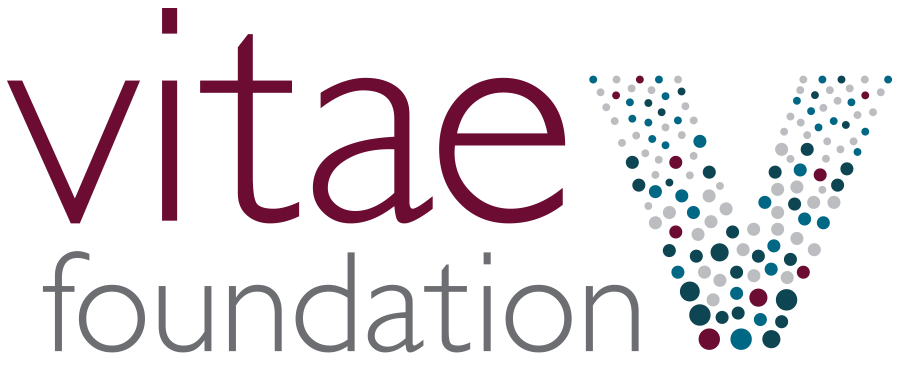
In the politicized environment surrounding elective abortion in the United States, an important issue affecting women’s health has been weaponized by abortion ideologues but remains unaddressed: the prevalence of regions in the U.S. with limited or no access to maternity health care services, also known as “maternity care deserts.”
Many American women live in rural areas, often long distances from obstetric and emergency care. Rural hospitals are often underfunded, sometimes leading to their closures. Medical providers often will not work in these underpopulated areas, a problem exacerbated by reports that obstetric providers are leaving rural areas due to misinformation about state abortion laws. The result is a rapid growth of “maternity care deserts,” increasing the likelihood of adverse maternal outcomes for rural women and their babies.
Pro-abortion medical organizations, like the American College of Obstetricians and Gynecologists (ACOG) and the Commonwealth Fund, have tried to frighten doctors and pregnant women by claiming many of the states that have implemented limits on elective abortion after the Dobbs decision have higher maternal mortality ratios (MMR) than non-restrictive states, implying that the laws are to blame, and that limiting elective abortion will increase maternal deaths.
These reports are intentionally misleading because they compare MMR from 2019 (the most recent year for which complete data is available) to restrictions enacted in 2022. Obviously, restrictions enacted within the past year cannot be responsible for MMR occurring four years ago.
39% of counties in states with pro-life protections are “maternity care deserts,” compared to 25% of counties in states without abortion limits. A 2015 analysis by Scientific American demonstrated that MMR is higher in rural areas than in urban areas. Additionally, more women in these states also live in poverty, another important risk factor for maternal mortality. These are serious problems in need of solutions.
However, pro-abortion media remain content with pushing misinformation about care for women with life-threatening pregnancy complications, confusing the doctors providing this care. Every state with abortion restrictions allows an exception if, in a physician’s “reasonable medical judgment,” an abortion is needed to alleviate a threat to a woman’s life or substantial impairment to her health.
Many physicians, limiting their guidance to pro-abortion medical organizations, are unaware of these exceptions. The deafening silence of the medical organizations that usually provide physicians guidance about new legislation affecting their practice, has led to fear, confusion and sometimes suboptimal treatment for women because physicians are left to navigate the legislative text alone. When obstetricians have called for more clarity and medical guidance, ACOG has been silent. This has resulted in physicians threatening to leave underserved areas, because they erroneously believe they cannot continue to practice quality medicine.
These are the real-world consequences of pro-abortion fearmongering, which threatens to worsen the medical care and outcomes for rural women and their children. It is time to set ideology aside and work toward real solutions to the problems facing America’s rural populations.
States must prioritize funding and support for rural hospitals. They can do this by prioritizing recruitment of health care workers to rural areas. The formation of rural, community-based residency programs—particularly obstetrics & gynecology and family practice with an obstetric emphasis—will bring medical residents into these beautiful, peaceful communities. Once trained, they are likely to remain where they have established roots.
Rural hospitals should also create high-quality protocols and transfer agreements for obstetric emergencies, facilitating rapid transfer to higher level care for critically ill women and their babies when the services they need are not available at their local hospital.
Doctors must also recognize that pro-abortion medical organizations have an agenda and are intentionally creating confusion around state laws that protect the unborn. Laws protecting unborn life never require provision of suboptimal care to their mothers.
Rural women are facing potentially life-threatening challenges to their health, but pro-abortion organizations have weaponized these challenges into politically expedient talking points. These patients deserve real solutions that will improve maternal outcomes.
By: Ingrid Skop MD

Ingrid Skop
About the author: Ingrid Skop, M.D. has been a practicing board-certified obstetrician-gynecologist in San Antonio, Texas, for over 30 years. She currently practices with OB Hospitalist Group and is the Vice President and Director of Medical Affairs for the Charlotte Lozier Institute.
